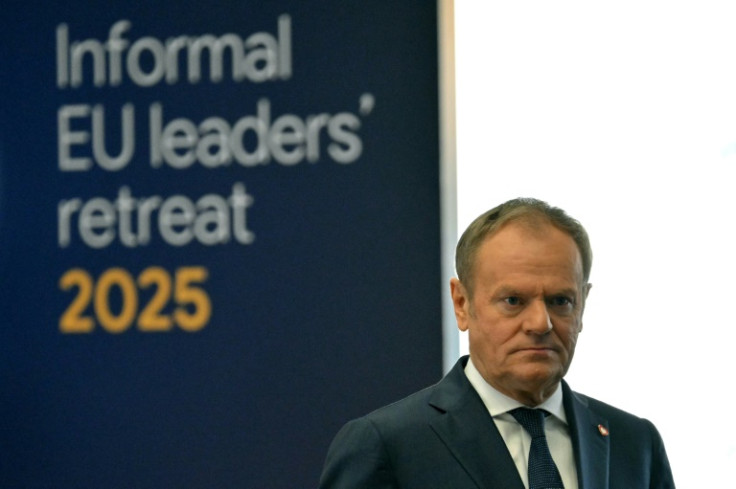Poland Downs Russian Drones In NATO's First Offensive Action Of Ukraine War

Poland has become the first NATO member to engage Russian military drones over its territory, marking a significant escalation in the ongoing conflict between Russia and Ukraine. On Wednesday, Polish and NATO forces intercepted and shot down 19 Russian drones that entered Polish airspace during a large-scale Russian aerial assault on Ukraine. The operation involved Polish F-16s, Dutch F-35s, Italian AWACS planes, and NATO-operated refueling aircraft, as reported by Reuters.
The drones, some reportedly originating from Belarus, were detected over several Polish regions, including Podlaskie, Mazowieckie, and Lublin. In response, Poland temporarily shut down at least three airports, including Warsaw's Chopin Airport, and advised residents in risk-prone areas to stay indoors, according to Reuters.
Polish Prime Minister Donald Tusk condemned the drone incursions as "an act of aggression" and described the incident as "the closest we have been to open conflict since World War Two," although he also stated he had "no reason to believe we're on the brink of war," as reported by Reuters. He activated NATO's Article 4, calling for urgent consultations within the alliance.
NATO Secretary-General Mark Rutte condemned Russia's actions and reaffirmed the alliance's commitment to defend its territory. European leaders, including EU Commission President Ursula von der Leyen and Czech Prime Minister Petr Fiala, labeled the breach as a deliberate provocation and called for stronger defensive measures, such as a "drone wall" along NATO's eastern flank, as reported by Reuters.
Ukrainian President Volodymyr Zelenskyy reported that Russia launched 415 drones and 40 missiles overnight, some targeting Poland. He called for a united international response and emphasized the need for strengthened air defense capabilities, according to Reuters.
The incident has raised concerns about the potential for broader conflict and the security of NATO's eastern borders. While no casualties have been reported, the breach underscores the vulnerability of NATO member states to external threats and the importance of collective defense measures.
© Copyright IBTimes 2025. All rights reserved.





















